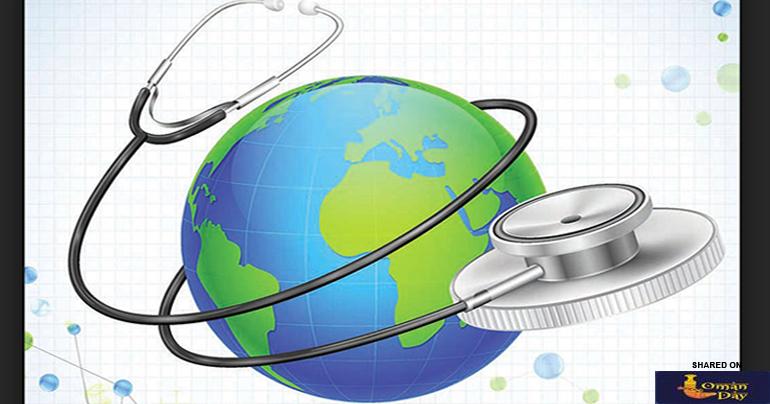World Health Day 2018: Here’s What You Need To Know And How You Can Keep Yourself Healthy
Held on the 7th of April every year the World Health Organisation (WHO) is dedicating their 70th annual World Health Day to access to universal health care for all.
WHO is calling on world leaders to live up to the pledges they made when they agreed to taking concrete steps to provide hassle-free access to quality healthcare for all via the Sustainable Developmental Goals in 2015, according to their website.
Next week (7 April) we will celebrate #WorldHealthDay!
— WHO (@WHO) March 29, 2018
What if everyone received the health services they need without falling into poverty?#HealthForAll
While half the world’s population lacks appropriate access to medical services, around 100 million cannot afford basic medical services or to pay off their medical bills.
That’s probably why The World Health Organisation (WHO) wants has set a new target to see least 1 billion more people gain access to healthcare services by 2023.
“Health for all” has therefore been our guiding vision for more than seven decades. It’s also the impetus behind the current organisation drive to support countries in moving towards Universal Health Coverage (UHC),” says WHO on their website.

The theme of World Health Day this year is: Universal health coverage: everyone, everywhere (UHC).
As our Director-General has said “No one should have to choose between death and financial hardship. No one should have to choose between buying medicine and buying food.”
The WHO stresses that countries who invest in UHC can enhance their people’s health and life expectancy by providing them access to quality health care as well as financial protection. It also protects countries from epidemics, reduces poverty and the risk of hunger, creates jobs, drives economic growth and enhances gender equality, states their website.
Through the UHC the WHO hopes World Health Day can highlight the need for UHC across the world, and also share examples of how they and their partners can leverage the advantage through multiple conversations and evets.
Watch out for these ‘healthy habits’ that could be doing more harm than good. Keeping a check and being conscious of these habits can reduce the visits to your physician or the hospital dramatically in the future.
Low-fat or fat-free salad dressing doesn’t make your salad 'healthier'
A study from Perdue University in 2012, revealed that using fat-free or low-fat salad dressings reduced your body’s ability to absorb nutrients from the salad. For instance, the fat-soluble pigment carotenoids that are linked to combating cancer, heart disease and a loss of vision are more easily absorbed when had without the dressing.
Avoiding salt to improve your heart health and control your blood pressure doesn't improve your overall health
Avoiding salt deprives your body from the electrolytes and minerals that come with the consumption of salt. Adding a sprinkle of good quality sea salt can induce as many as 84 different minerals and trace minerals.

Drinking eight glasses or more of water every day may not be necessary after all
Ayurveda, which is a time-tested 5,000-year-old system, compared to relatively new modern medical system states that you only need to drink water (or any other liquid) when you are thirsty. Excess water intake beyond your thirst level can lead to other health challenges.
Eating a king-sized breakfast is not the best policy
Ayurveda emphasises on eating a lighter at breakfast and dinner and eating making your lunch the heaviest meal. It states that your digestion is at its peak between 12-1 p.m.; a time of the day when the sun has fully risen.

...[ Continue to next page ]
Share This Post






